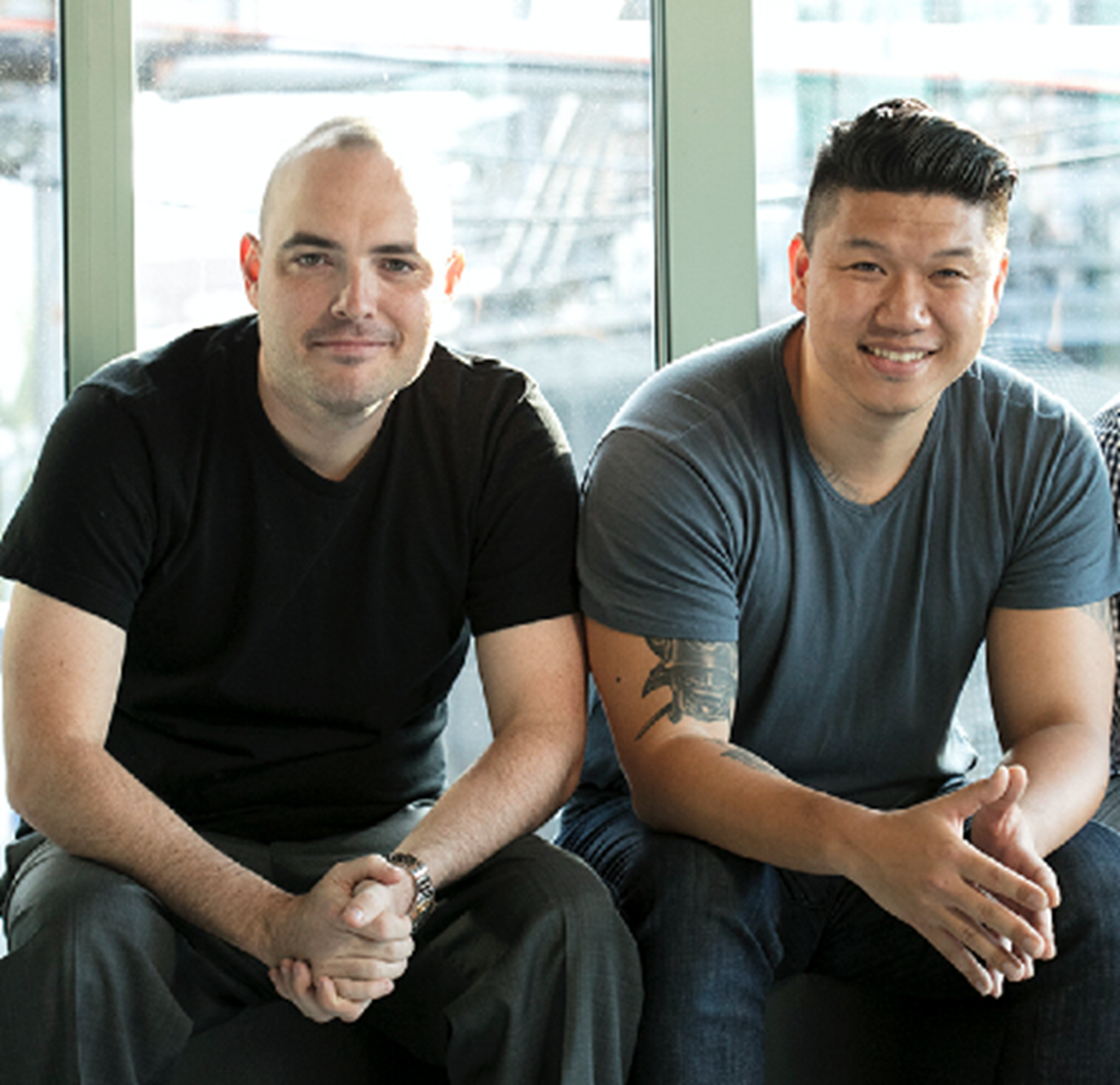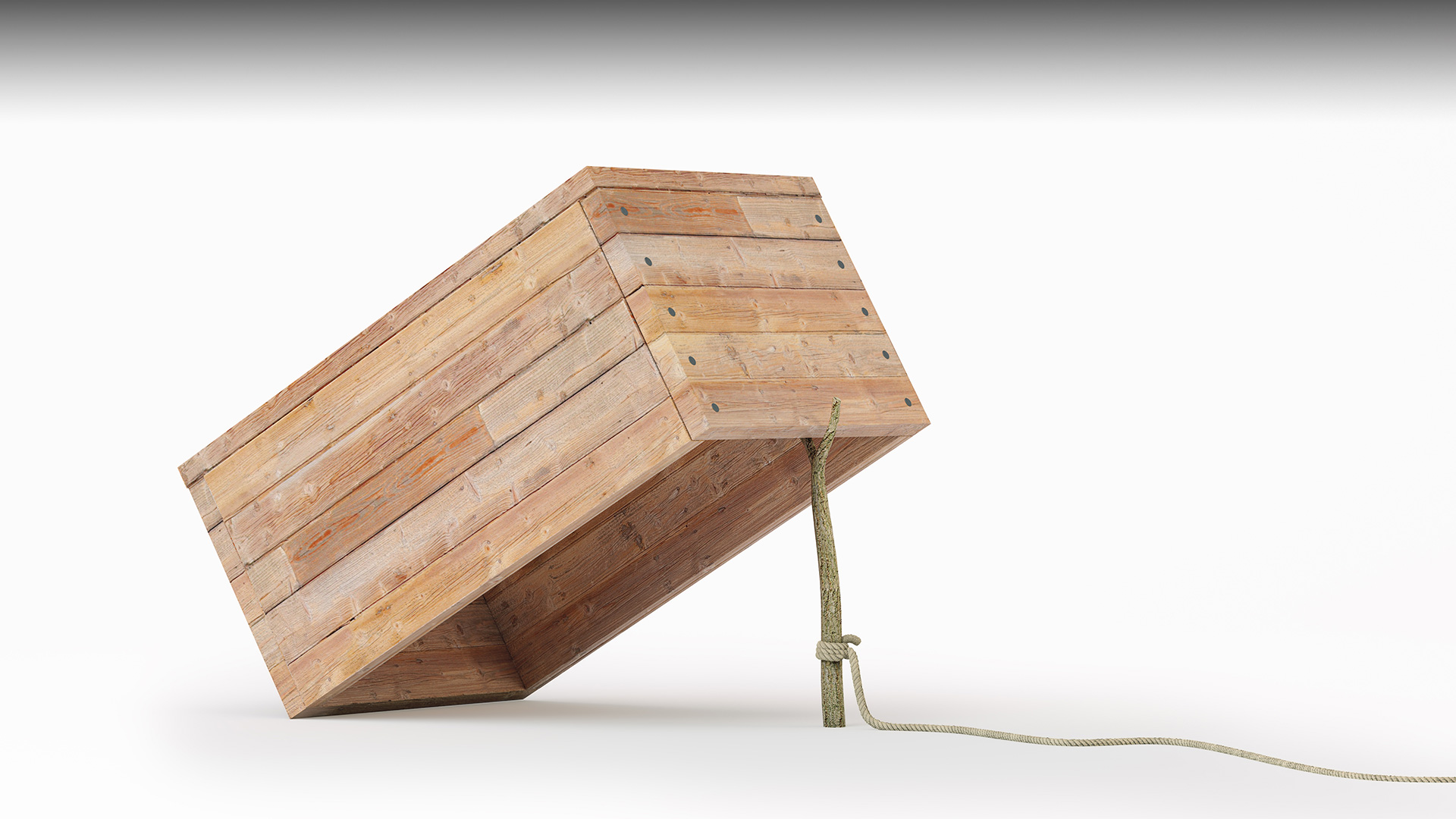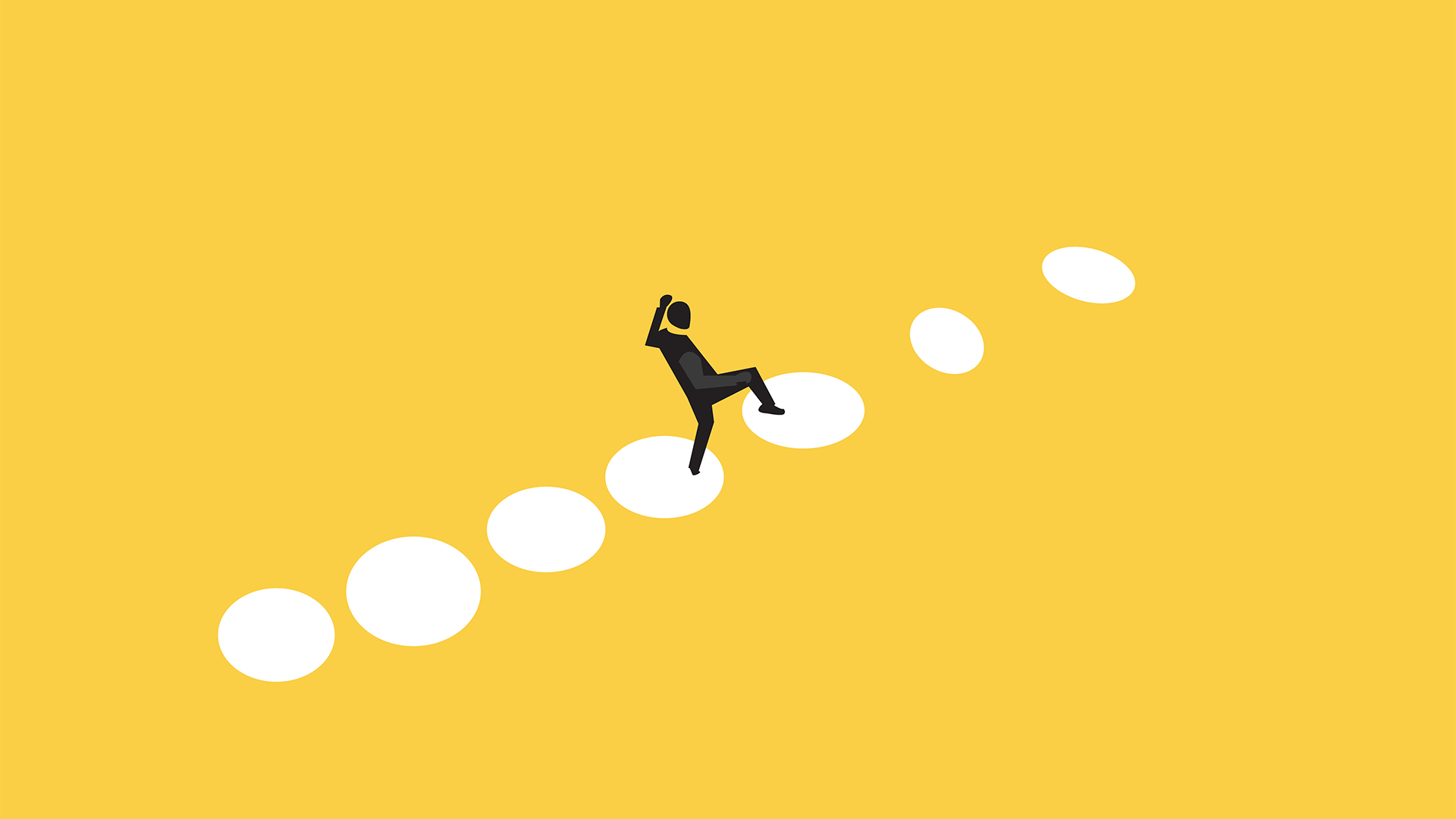Six Innovation Traps to Avoid During A Pandemic and Beyond
Nurses are inherently innovators by our very nature. But innovator is not always a word that comes to mind when someone hears the word “nurse.” And, ironically, it is not often a word we use to describe ourselves as a profession.
Michael Wang MSN, RN
CEO & Co-Founder
Paul Coyne DNP, MBA, APRN, AGPCNP-BC
Co-Founder
Inspiren
2019 ANA Innovation Team Award

Innovate is a word everyone likes to say.
Innovative is a word everyone likes to believe they are.
Innovation is something that is rarely achieved.
Nurses are inherently innovators by our very nature. But innovator is not always a word that comes to mind when someone hears the word “nurse.” And, ironically, it is not often a word we use to describe ourselves as a profession. The World Health Organization deemed that 2020 would be “The Year of The Nurse.” While that cast the initial spotlight in our direction, our collective and courageous response to COVID-19 illuminated our presence and importance exponentially further to the world. Because of our valiant efforts, we now have a unique opportunity to highlight this innovative aspect of our profession. We must harness this moment to truly lay the foundation for a better tomorrow for patients and our society.
As winners of the 2019 ANA Innovation Awards for founding nurse led-technology company Inspiren, and as co-authors of the Amazon Best Selling Book, The Nurse’s Guide to Innovation, we have been honored with the great privilege to help lead the essential charge for nurse-led innovation.
While we believe all nurses are uniquely positioned to lead innovation, we too, must always remain vigilant to ensure we do not fall into these innovation traps.
-
Succumbing to Apathy
The greatest struggle of our time is combating apathy. Most innovation is born out of necessity. Yet, many things have now become so effortless that it is easy to fall into the trap of believing that things are “good enough.” With this predisposition, it is impossible to have a sense of urgency to care enough to make anything better. Nurses are constantly ranked the most caring profession in the world. We need to channel this passion so that it does not just benefit the patient in front of us but improves the lives of all of humanity as we lead the way for true innovation in healthcare. This requires us to devote ourselves to learning about more than just clinical practice. It requires the nurse to also become a technologist, a politician, a business executive, and an effective leader. -
Yielding to Herd Mentality
While a vaccine will ultimately bring herd immunity against a virus, there is sadly no immunity against herd mentality. As a survival mechanism, humans have evolved to be naturally inclined to act like those around them. This serves us well if everyone is running from a grizzly bear. However, it does not serve us well when no one knows what they are running from or toward. The greater the uncertainty, the greater the temptation to just run in the same direction as everyone else. A precursor to innovation is the courageous intellectual and emotional leap to accept that everyone around you does not know the answer. The byproduct of that self-discovery, though unsettling, leads to the sense of urgency and simultaneous poise required to create the solution. -
Solving the Problem of Today With The Solution of Yesterday
We all know that the problems facing us today are unprecedented. COVID-19 is a perfect example of a brand-new threat. And yet, we often find ourselves looking to the past for solutions because it is all we know. However, more often than not, new problems need new solutions. -
Forgetting About the Future
While some look only to the past for innovative ideas, others seem to forget about the future. When presented with solutions, particularly technology, they respond “Oh, well this doesn’t meet all of my needs, but this is good for now.” Would you say that about your spouse on your wedding day? Hopefully not. When dealing with something as important as the lives of patients, we must not settle for anything less than optimal. We must demand better. If better does not exist, we must create it. -
Failing to Put It All Together
In a time of crisis, the risk of innovating disparate solutions for various use cases is exponentially magnified. When a human being is experiencing an urgent sense of fear, the fight or flight response channels all of our mental efforts to respond to that one threat. However, as humans have existed for thousands of years, most things that exist for a sole purpose have already been created. Creating numerous solutions and then attempting to force clinicians and patients to use it all at once is not innovation. In fact, it is often worse than it was before. The best innovations of today come from combining numerous existing technologies into one single solution to meet several needs at once. This is what Apple did with the iPhone, and it is what Inspiren did with our award-winning solution, AUGi. -
Thinking You Are Special
If you didn’t fall into one of the first 5 traps, congratulations! But if you think you didn’t, perhaps you are falling victim to one of the worst traps of all – arrogance. For arrogance leads to one of two outcomes that stifle innovation. The first, and most egregious, is the belief that one is so superior that others should innovate while they reap the benefit. The second is failing to see the true problems of the vast majority by believing they are exalted above them. The only positive that comes out of collectively facing the same threat to our existence, such as the case with COVID-19, is that it is a great equalizer. When humans find a common ground, a common problem, and a common purpose to solve it, innovation becomes a natural byproduct. We must ensure that successful innovation does not require a collective existential threat in order to work together to make the world better.
September 2020










